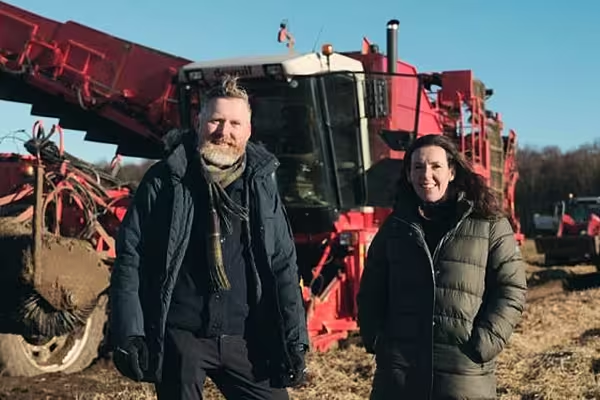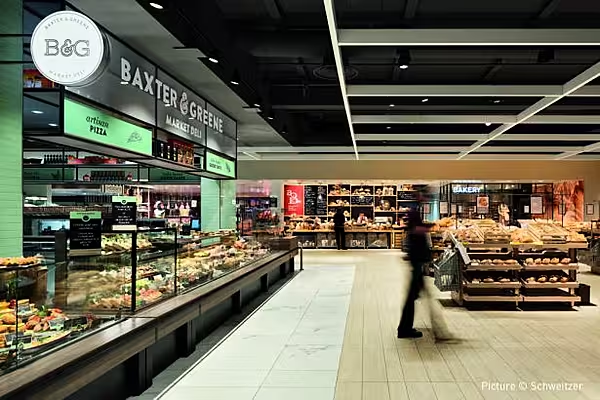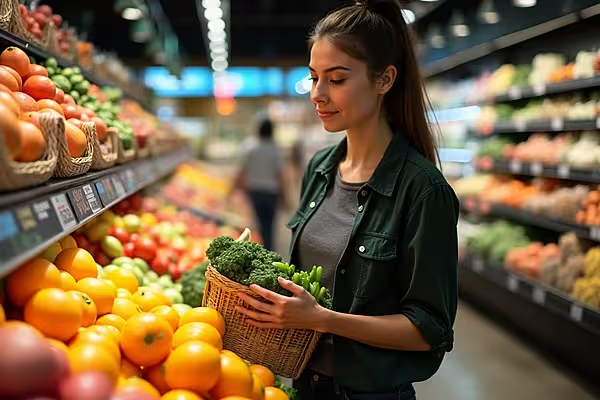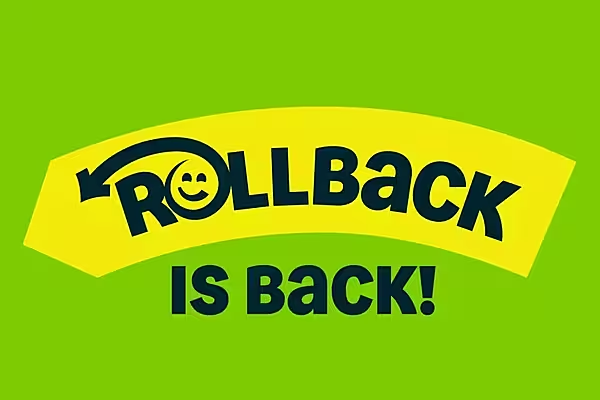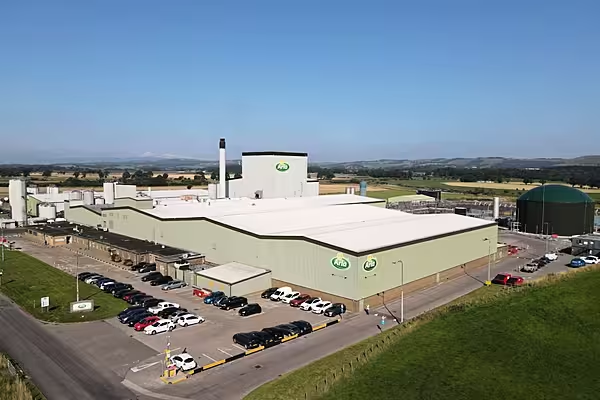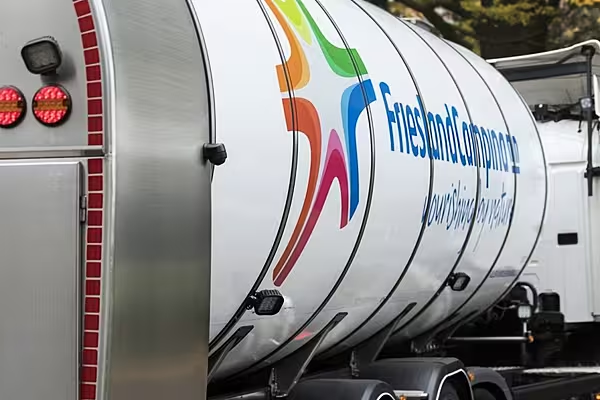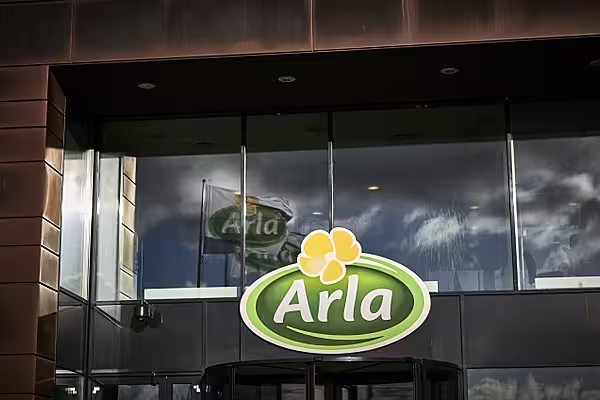UK retailer Tesco is trialling low-carbon fertilisers in partnership with five of its largest field vegetable suppliers, as it seeks to boost food security in the UK and reduce greenhouse gas emissions in its supply chain.
The move will reduce GHG emissions by up to 20% in the first year at no extra cost to farmers, the retailer said.
The rollout will see the use of eight fertiliser alternatives across 1,300 hectares in the 2023 growing season.
The retailer plans to scale up the area to a minimum of 4,000 hectares in 2024 across Tesco’s field veg suppliers.
'Affordable, Sustainable Food'
"Delivering more affordable, sustainable food means finding innovative, new ways to grow basket staples like potatoes, salad vegetables and carrots," said Sarah Bradbury, group quality director at Tesco. "Fertilisers are a large source of emissions in farming, but high prices and uncertainty have made it hard for farmers to take advantage of low-carbon alternatives.
"We hope that by working with our suppliers, our learnings from this roll-out of low carbon fertilisers can prove their potential to cut emissions and demonstrate what it would take to scale up production in the UK. It’s vital we keep costs manageable for farmers facing the most challenging market conditions in a generation and help our customers to eat in a way that’s good for planet and pocket."
The cost of chemical fertilisers have increased by 140% over the last year and low-carbon fertilisers could offer a cost-effective alternative for farmers facing shortages caused by the war in Ukraine.
UK Production
Six of the eight fertiliser producers will be manufacturing their products in the UK from material, including food waste, chicken litter, fire extinguisher waste and algae, Tesco added.
It will also create green jobs in the UK and could help reduce dependence on chemical fertilisers.
Currently, the UK meets 60% of its fertiliser requirements through imports. Production in the country was recently hit by the closure of chemical fertiliser plants.
Tesco added that it also plans to introduce the low-carbon alternatives to other produce areas, including wheat and barley, where emissions linked to conventional fertiliser account for more than 60%, as well as grasslands in beef, dairy and lamb supply chains.
The first year of the rollout will produce up to 70,000 tonnes of fresh produce, and increase to 200,000 tonnes in 2024.
The initiative is one of Tesco's efforts to reach net-zero emissions across its value chain by 2050.
Participants in the trial rollout include carrot supplier Huntapac, which will be using the R-Leaf low carbon fertiliser.
Low-Carbon Technologies
Stephen Shields, technical director at Huntapac said, "It’s great to be part of the Tesco field veg trial as we focus on moving away from artificial inputs to something that’s better for the environment.
"By moving to these new low-carbon technologies, we can save money compared to chemical-based fertiliser and at a time when all costs are going up for farmers, any steps that reduce them are ideal."
Two of the fertiliser producers taking part in the trial have won backing as part of Tesco’s drive to increase and scale innovations in the food sector, the retailer added.
Last year, CCm won funding and a chance to work with Tesco suppliers as part of the retailer’s Innovation Connections initiative in partnership with WWF.
Crop Intellect, which makes the R-leaf product, won Tesco’s Agri T-Jam competition in 2021, along with a chance to partner with Tesco suppliers and road-test its technology.
©2023 European Supermarket Magazine – your source for the latest fresh produce news. Article by Dayeeta Das. Click subscribe to sign up to ESM: European Supermarket Magazine.
